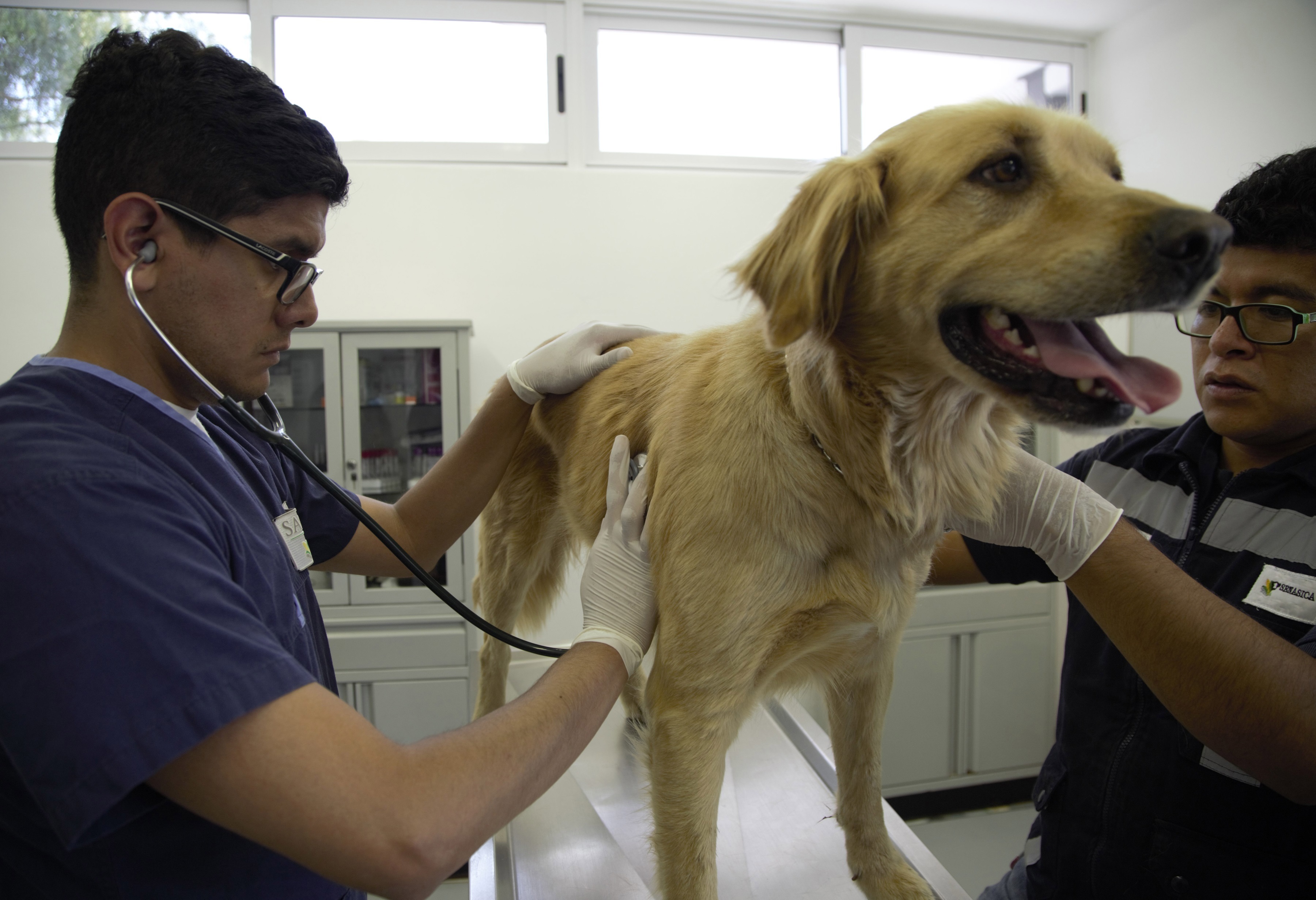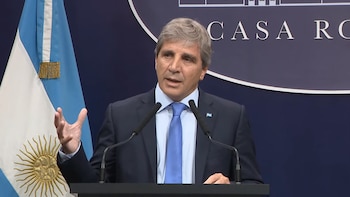
The yawns of dogs are often not consistent with the most classical human interpretation of their meaning. In us, yawning is often a sign of drowsiness, tiredness or boredom.
Canine yawns have many and varied interpretations that have interesting and surprising explanations. This gesture is part of the wonderful and diverse body language of the dog and its causes and reasons are manifold.
As in humans, it can mean sleep and tiredness, but it can also have other meanings such as stress, exhaustion and even joy.
There are many reasons why dogs yawn, one of them, perhaps the most frequent, outside of laziness, is stress. If something stresses them, conflicts them or overwhelms them, they are very likely to yawn.

Stress yawning usually occurs when you hug you too much or bother you while you sleep, or much more often in the veterinary office when you average the visit. That yawning in the office is a typical gesture of appeasement, he tries to say: “Enough is enough and I don't have any more patience.”
Dogs are known to release tension with yawning. Therefore, in the face of any stressful situation, the greater the degree of dissatisfaction there will be more yawning. Yawning in dogs has a physiological basis causing an increase in heart rate, causing a greater amount of blood to reach the brain and thus favoring oxygenation of the lungs. In this way they recharge energy by overcoming nervousness, anxiety and stress.
Dogs can surely yawn due to tiredness, sleep or exhaustion. This yawn appears as in humans, when it is time to rest or when the dog is just up.
It is important to note that not all meanings of yawns are for conflict situations. Dogs can also yawn for joy. In this case the dog discharges the energy accumulated by that happiness. He is cheerful, so if he feels very happy, he will yawn to discharge energy.

An excess of love could, at times, cause a negative effect on dogs. Occasionally, it happens that after a while of being petting a dog, the animal is disinterested and begins to yawn. He's telling us he's tired of caresses, in his body language.
The most curious meaning that dog yawns have is fear.
If a dog is frightened in the face of a challenge or aggression and feels afraid and insecure, it is most likely that it will start to yawn in a desperate attempt to get rid of the bad drink.
*Prof. Dr. Juan Enrique Romero @drromerook is a veterinary physician. Specialist in University Education. Master's Degree in Psychoimmunoneuroendocrinology. Former Director of the Small Animal School Hospital (UNLPAM). University Professor at several Argentine universities. International lecturer.
KEEP READING:
Últimas Noticias
Debanhi Escobar: they secured the motel where she was found lifeless in a cistern
Members of the Specialized Prosecutor's Office in Nuevo León secured the Nueva Castilla Motel as part of the investigations into the case

The oldest person in the world died at the age of 119
Kane Tanaka lived in Japan. She was born six months earlier than George Orwell, the same year that the Wright brothers first flew, and Marie Curie became the first woman to win a Nobel Prize

Macabre find in CDMX: they left a body bagged and tied in a taxi
The body was left in the back seats of the car. It was covered with black bags and tied with industrial tape
The eagles of America will face Manchester City in a duel of legends. Here are the details
The top Mexican football champion will play a match with Pep Guardiola's squad in the Lone Star Cup

Why is it good to bring dogs out to know the world when they are puppies
A so-called protection against the spread of diseases threatens the integral development of dogs




